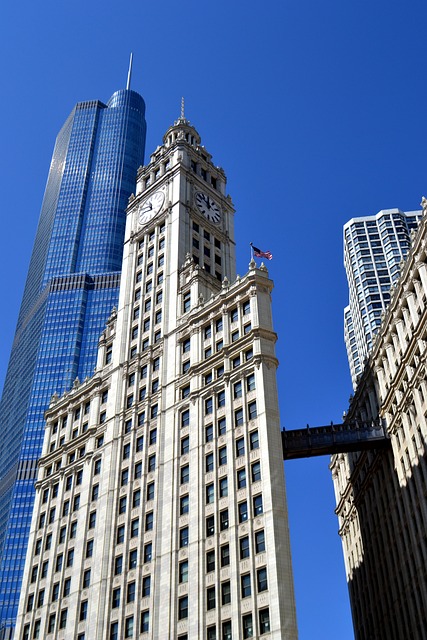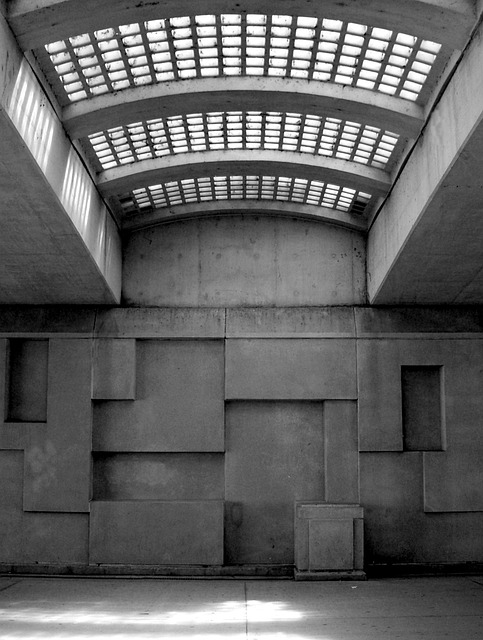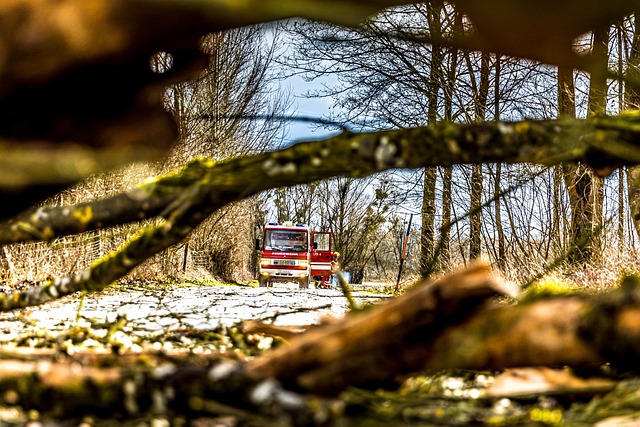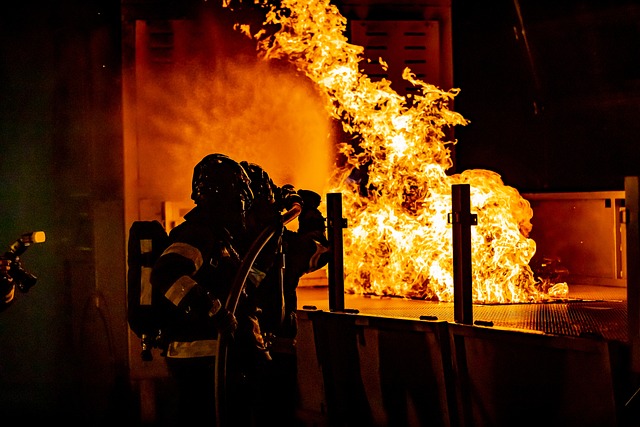Chicago's Housing Code regulates fire-damaged property sales, emphasizing safety and market competitiveness. Sellers must disclose fire damage, obtain repairs from registered professionals, and adhere to strict guidelines for structural integrity and cosmetic renovations. Transparency is legally required under Illinois law, with potential legal repercussions for concealment. Homeowners can opt for traditional sales, alternative methods like cash-for-homes companies, or real estate investors specializing in property rehab, each offering unique benefits based on urgency and repair needs.
“Chicago’s housing market presents unique challenges, especially when dealing with properties affected by fire damage. This comprehensive guide delves into the intricate web of regulations and legal considerations surrounding such sales in the city. From understanding the local Housing Code to navigating the disclosure process for potential buyers, this article offers an extensive overview.
Learn about the repair and restoration process, as well as alternative selling strategies, ensuring you’re informed about all options when facing a Chicago property with fire damage.”
- Understanding Chicago's Housing Code: A Comprehensive Overview
- Fire Damage and Property Sales: Legal Considerations in Chicago
- Disclosing Fire Damage to Potential Buyers: What You Need to Know
- Repair and Restoration Process: Restoring Your Chicago Property After a Fire
- Alternative Options for Selling: Beyond Traditional Real Estate Transactions
Understanding Chicago's Housing Code: A Comprehensive Overview
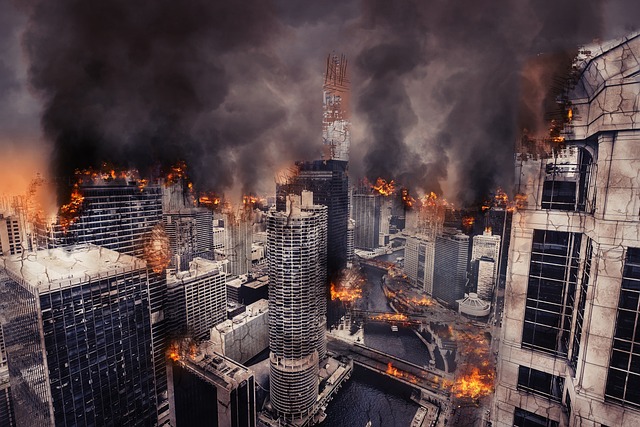
Chicago’s Housing Code is a comprehensive set of regulations designed to ensure the safety, health, and habitability of residential properties within the city limits. This code covers a wide range of aspects, from structural integrity to fire safety and accessibility features. For homeowners or prospective buyers, understanding these regulations is crucial when considering selling or purchasing a property, especially in cases of fire damage. If you’re asking yourself, “can you sell a house that has fire damage Chicago?” the answer involves navigating these codes effectively.
The Housing Code outlines specific requirements for repairing and rehabilitating damaged properties, including those affected by fires. It provides guidelines on what repairs are necessary to bring a home up to code, ensuring it’s safe for occupation. For instance, structural damage from a fire may require reinforcement or replacement of load-bearing walls, while non-structural issues like charred drywall can be addressed through cosmetic renovations. Compliance with these standards not only ensures the property’s safety but also enhances its market value, making it more attractive to potential buyers in a competitive real estate market.
Fire Damage and Property Sales: Legal Considerations in Chicago

In Chicago, fire damage to a property presents unique legal considerations for both homeowners and prospective buyers. If you’re wondering can you sell a house that has fire damage in Chicago, it’s crucial to understand the regulations. After a fire, it’s not only the physical structure that’s assessed but also the potential hazards and structural integrity of the property. Homeowners must disclose any fire damage and provide evidence of repairs to ensure the safety of future occupants.
The city has strict guidelines regarding property sales after fire damage. Sellers must obtain a certificate of repair from a registered professional, confirming that the home is safe for habitation. This process not only protects buyers but also ensures that any potential risks associated with fire damage are adequately addressed. Failure to comply with these regulations can lead to legal repercussions and may delay or even prevent the sale of the property.
Disclosing Fire Damage to Potential Buyers: What You Need to Know

When selling a property in Chicago with fire damage, transparency is key. Illinois law mandates that potential buyers be fully informed about any significant issues affecting a property’s condition. Fire damage falls under this category, as it can impact structural integrity and safety. Sellers are legally required to disclose any known fire-related incidents, even if repairs have been made, to avoid misleading potential homebuyers.
In Chicago, real estate transactions involve detailed disclosure forms that ask about any past or current damage, including fires. Concealing or misrepresenting such information could lead to legal repercussions and impact the sale’s progress. It’s advisable to consult a real estate professional experienced in Chicago’s housing market to navigate this process effectively and ensure a smooth transaction when selling a house with fire damage.
Repair and Restoration Process: Restoring Your Chicago Property After a Fire
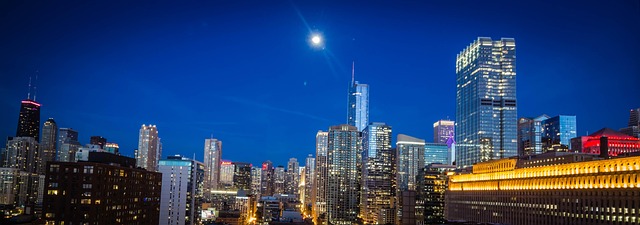
After a fire, the repair and restoration process in Chicago properties is crucial for those looking to sell their homes. The first step is to assess the damage caused by the fire and determine if the structure is safe for occupation. It’s important to note that selling a house with significant fire damage may require special considerations and could impact the property’s value. In Chicago, strict building codes dictate the restoration process, ensuring that all repairs meet safety standards.
Restoration efforts can range from minor cosmetic fixes to complete rebuilding, depending on the extent of the damage. Homeowners should engage professional contractors experienced in fire damage restoration to ensure a thorough and safe renovation. In addition to structural repairs, replacing or restoring damaged belongings and furnishings is essential. For those considering selling, it’s advisable to consult with real estate agents who have expertise in dealing with properties affected by fires. They can provide guidance on the best approach to disclosing and addressing potential concerns from prospective buyers, including the possibility of negotiating a lower price for fire damage repairs.
Alternative Options for Selling: Beyond Traditional Real Estate Transactions
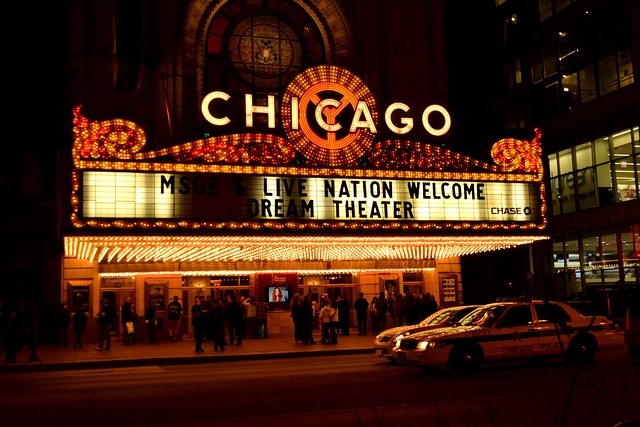
When facing the sale of a property with fire damage in Chicago, it’s important to know that traditional real estate transactions aren’t the only option. Beyond the conventional route, there are alternative methods that can facilitate the selling process and cater to various circumstances. One such approach involves working with specialized companies offering cash for homes or direct purchases. These companies provide an efficient solution for homeowners looking to sell quickly due to financial constraints, divorce, or other urgencies, especially if the property needs extensive repairs after fire damage.
Another alternative is the partnership with real estate investors who specialize in rehabbing properties. Investors can purchase distressed properties, including those with fire damage, and renovate them before reselling at a higher price. This option allows homeowners to avoid the costs and time associated with traditional sales while ensuring their property gets repaired and revitalized. Such creative selling strategies are particularly beneficial for Chicago residents facing challenging situations, offering flexibility and potentially faster transactions.
Chicago’s housing regulations, as outlined in its comprehensive Housing Code, are designed to ensure safety and protect property values. When dealing with fire damage, understanding legal considerations is crucial, especially regarding disclosures to potential buyers and repair processes. Even with significant destruction, alternative selling options exist for Chicago homeowners, such as exploring non-traditional real estate transactions. If you’re considering selling a house that has experienced fire damage in Chicago, it’s essential to familiarize yourself with these regulations and the available resources to navigate this process successfully.

